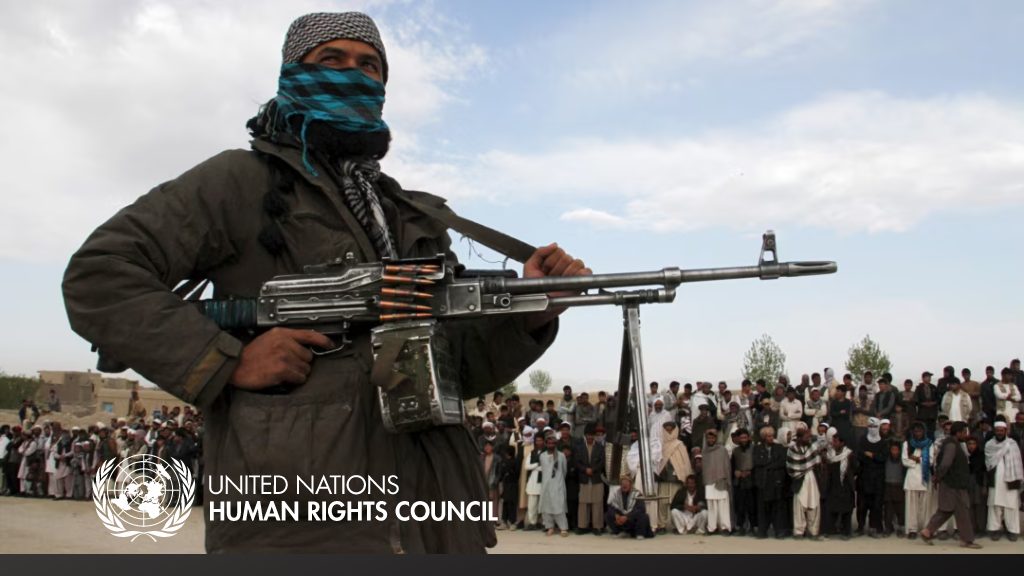Introduction: Afghanistan Under the UNO Review
Afghanistan Review by UNO has been presented. On April 29, 2024, Afghanistan faced scrutiny under the United Nations Human Rights Council’s Universal Periodic Review (UPR). This critical examination sheds light on the country’s human rights landscape, prompting urgent attention to prevailing issues.
Atrocities in Afghanistan: A Grim Reality
As the UPR commenced its assessment, Afghanistan grappled with a grim reality of ongoing atrocities. A tragic incident unfolded on the same day as the U.N. review when a gunman targeted a mosque in Andisheh town, Guzara district, Herat province. The attack claimed six lives, adding to a series of violence against Afghanistan’s minority Shia community. Despite the absence of a claimed responsibility, suspicions point towards the Islamic State-Khorasan (IS-K) chapter, known for its frequent targeting of Shia communities. Just a week prior, a sticky bomb explosion rocked Kabul’s Kot-e-Sangi neighborhood, predominantly inhabited by Shia, resulting in casualties.
Persecution of Shia Communities: A Systematic Struggle
The Shia communities in Afghanistan, primarily represented by the Hazara, face a systematic struggle against discrimination and violence, exacerbated under Taliban rule. Reports indicate a range of restrictions imposed, from curbing religious celebrations to limiting educational opportunities and even banning interfaith marriages. The Taliban’s failure to protect the Shia from IS-K attacks underscores concerns regarding accountability and justice.
Marginalization of Women and Girls: Erasure from Society
Parallel to the UPR’s review, Afghanistan witnesses the marginalization and erasure of women and girls from societal participation. Since the Taliban’s resurgence, girls have been denied access to secondary education, depriving them of essential opportunities for growth and empowerment. Renowned human rights advocate Malala Yousafzai condemned these restrictions, highlighting the profound impact on women’s lives, from limited educational prospects to constrained mobility and autonomy.
Gender Apartheid: A Call for Recognition
In the face of mounting oppression, Afghan women activists and global experts advocate for the recognition of Afghanistan’s treatment of women and girls as gender apartheid. Despite lacking formal international classification, the severity of restrictions and violations warrants urgent attention and intervention.
ACtion is Demanded in Afghanistan Review by UNO
The litany of human rights violations in Afghanistan demands an immediate response. However, the absence of Taliban representatives during the U.N. review underscores the challenges in achieving accountability and justice. Despite aspirations for international recognition, the Taliban’s reluctance to address human rights concerns highlights the pressing need for concerted action to safeguard the rights and dignity of all Afghans.


